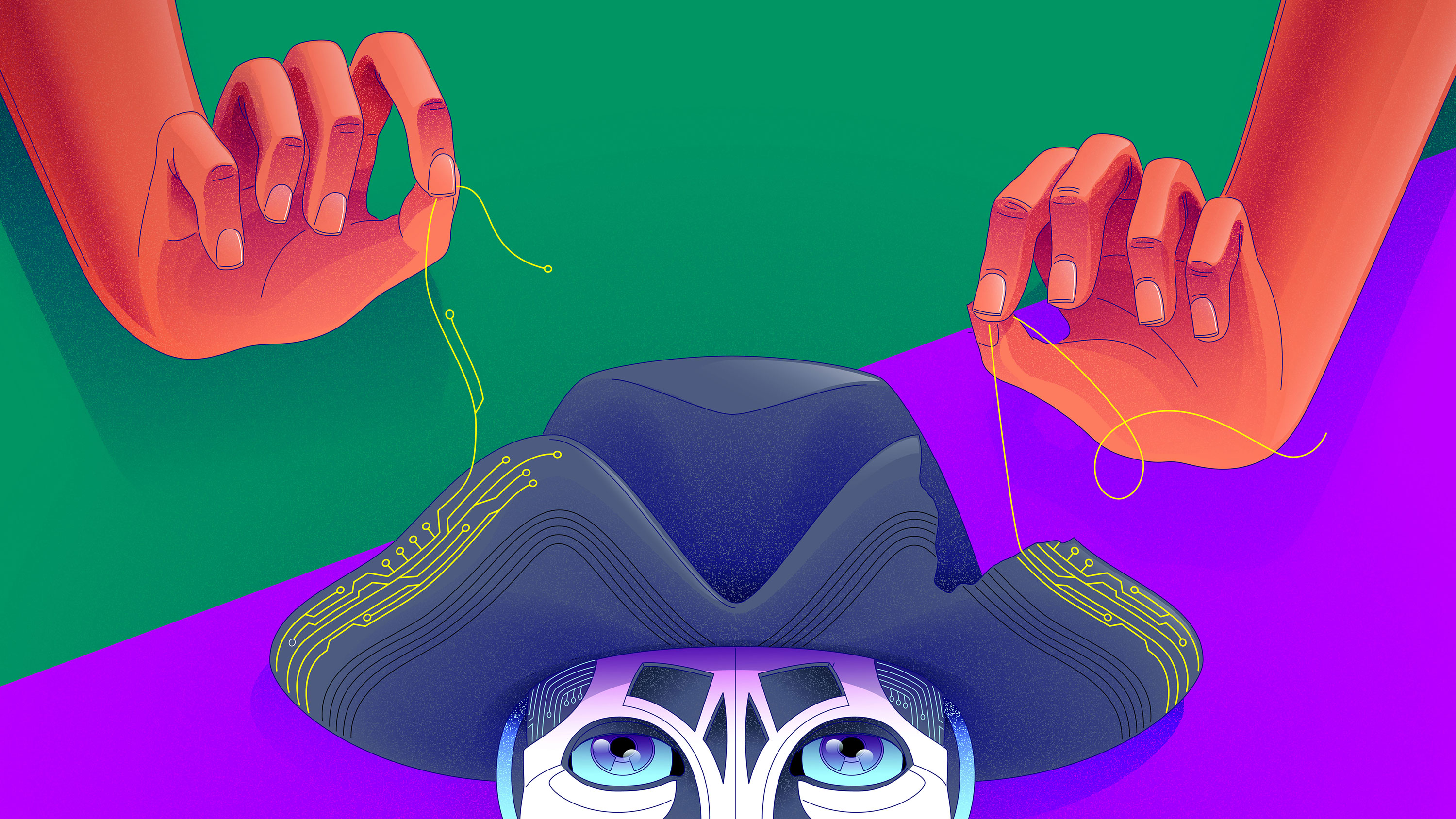U.S.-China relations are under 'unprecedented' strain, says Chinese ambassador to the U.S. He also accused the U.S. of fueling tensions in the South China Sea by sending ships to the region: "This is really raising the risk of a conflict."

The problems AI has today go back centuries Algorithmic discrimination and “ghost work” didn’t appear by accident. Understanding their long, troubling history is the first step toward fixing them. ....... “decolonise artificial intelligence”—to reorient the field’s work away from Western hubs like Silicon Valley and engage new voices, cultures, and ideas for guiding the technology’s development. ............. Though historical colonialism may be over, its effects still exist today. This is what scholars term “coloniality”: the idea that the modern-day power imbalances between races, countries, rich and poor, and other groups are extensions of the power imbalances between colonizer and colonized. ............ algorithms built to automate procedures and trained on data within a racially unjust society end up replicating those racist outcomes in their results ........... Many former US and UK colonies—the Philippines, Kenya, and India—have become ghost-working hubs for US and UK companies. The countries’ cheap, English-speaking labor forces, which make them a natural fit for data work, exist because of their colonial histories. .......... the British Empire’s historical treatment of its colonies as laboratories for new medicines and technologies. ........... developed countries continue to disproportionately benefit from global norms shaped for their advantage, while developing countries continue to fall further behind. ............ “AI for good” or “AI for sustainable development” initiatives are often paternalistic. They force developing countries to depend on existing AI systems rather than participate in creating new ones designed for their own context. ........... there’s really no such thing as “unintended consequences”—just consequences of the blind spots organizations and research institutions have when they lack diverse representation .......... participatory machine learning, which seeks to involve the people most affected by machine-learning systems in their design
Trump's threatened TikTok ban could motivate young users to vote, some say “If it hasn’t already, I think this will definitely be a gamechanger in young voters going out and voting for sure,” one user said.
Coronavirus unemployment: Who is covered, how to apply and how much it pays With no end in sight to the COVID-19 crisis, here's everything you need to know
Chinese state media slams U.S. as a ‘rogue country’ for its planned ‘smash and grab’ of TikTok
Inside Baltimore's human trafficking industry Survivors of sex trafficking and those who investigate it in the city share their stories....... The "white L", as it is known, enjoys access to public transportation, bike lanes, and quality grocery stores. The majority Black neighbourhoods, meanwhile, are plagued by urban blight; dotted with boarded-up abandoned houses. These neighbourhoods experience gun violence paired with police brutality, including the now infamous 2015 murder of a 25-year-old Black man named Freddie Gray. ......... At more than 20 percent, Baltimore city's poverty rate is around double the national average. Maryland itself, in contrast, consistently ranks as one of the wealthiest states in the country in regards to average income and economic opportunity. Some of the country's wealthiest people live in a state whose largest city is plagued by poverty. ............. Baltimore has one of the highest rates of human trafficking cases in the country. Washington, DC - just 64km (40 miles) away - is believed to have the highest rate. ............. Poverty, in general, is a vulnerability that we need to address if we're going to address trafficking. .............. "They approach you like mother figures. They approach you in the nicest way. [But] ... you have to know that it's not for free." ........... The National Center for Missing and Exploited Children, a non-profit, estimates that one in six of all missing children is a victim of human trafficking. ......... Heroin, in particular, has devastated the city since as early as the 1960s, and Baltimore was once dubbed the heroin capital of the United States. .................. Now, much of that heroin has been replaced by the cheaper and even more deadly fentanyl, but the high rates of addiction and overdoses continue. Baltimore, today, has one of the highest overdose fatality rates in the country. ............. sometimes traffickers pick victims up directly off the streets. ........... traffickers often use addiction to manipulate their victims. ....... Some cities are destinations for human traffickers, and some are sources of trafficking victims, but Baltimore is both. ......... labour trafficking can be harder to detect because the victims are often immigrants who are reluctant to report the abuse. .......... Law enforcement and others in the city are learning, however, that trafficked women and children are victims and survivors, not criminals. .......... "I went from 'nail them and jail them' to seeing the girls in prostitution as victims."
Russia to roll out coronavirus vaccine within two weeks: Live Greece records highest daily tally; New Zealand's biggest city back to lockdown; Germany skeptical over Russian vaccine. ........ The WHO has not received enough information on the Russian COVID-19 vaccine to evaluate it
Democrats report coronavirus relief progress as McConnell says he is prepared to support a deal
